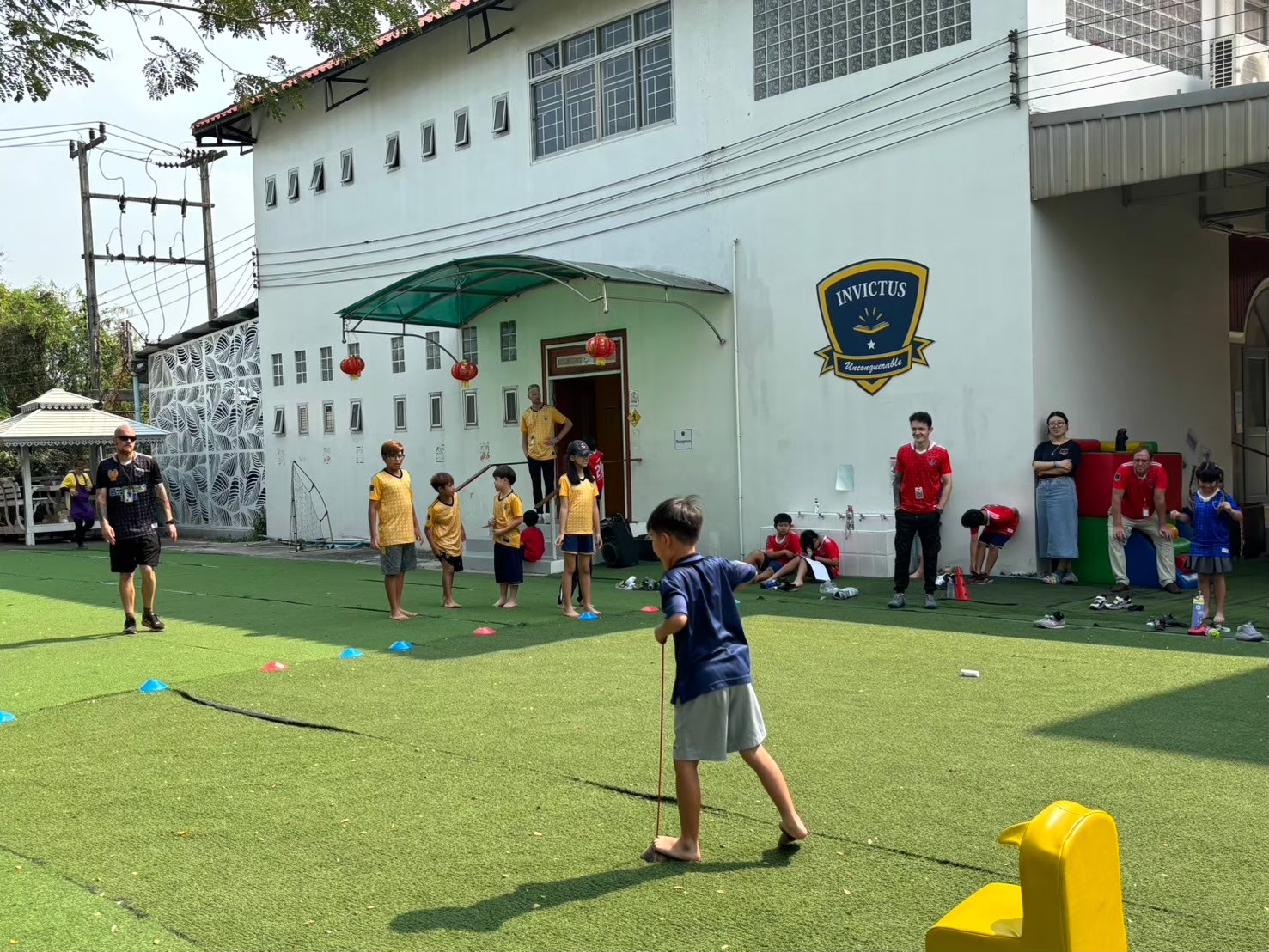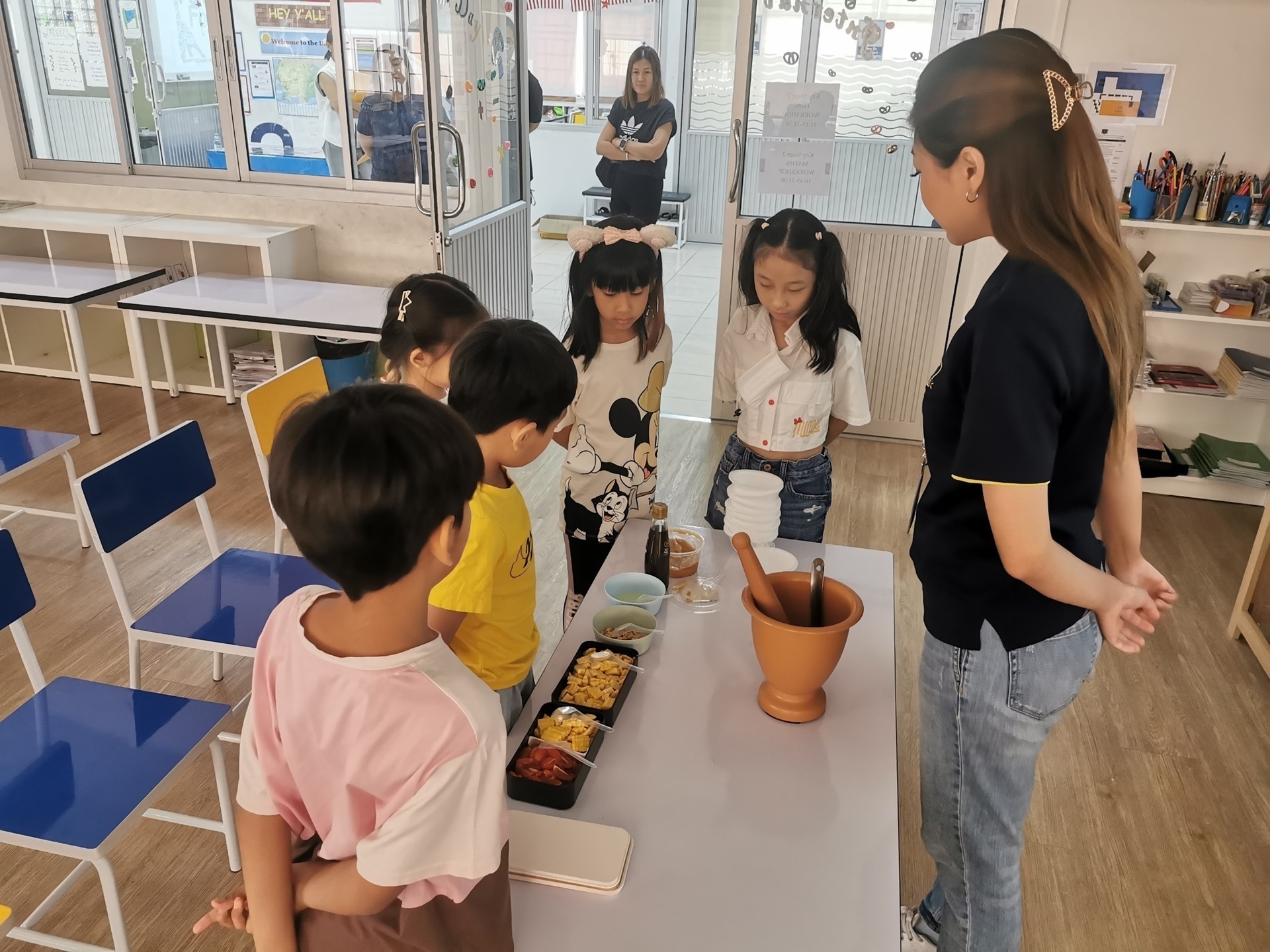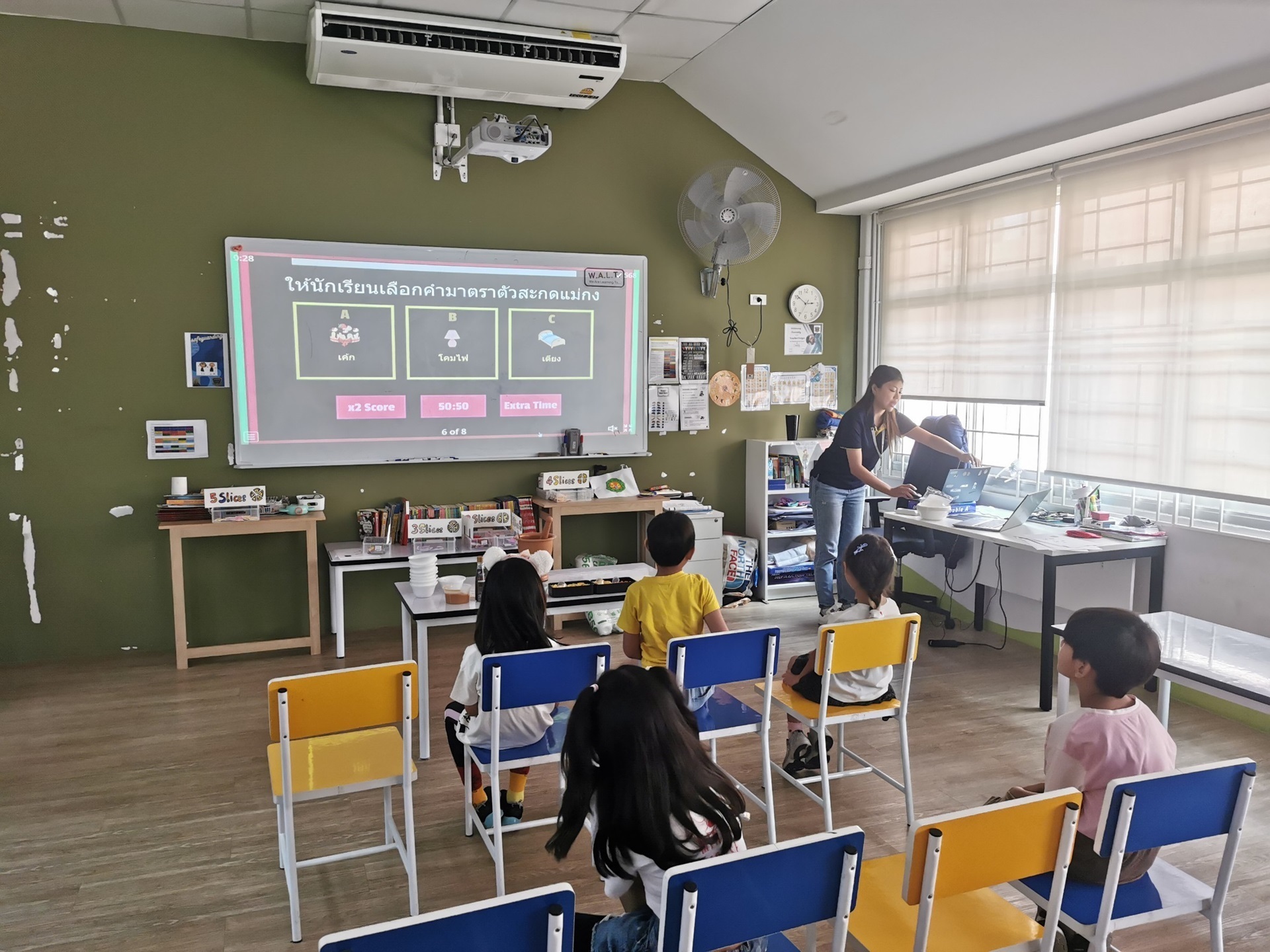Perks of International Education in Thailand
Choosing the right education for children is crucial. International education in Thailand offers many benefits that help students grow academically and personally. With a focus on diverse curriculums and learning approaches, students get a well-rounded education. This type of education also helps them develop language proficiency and multicultural skills, which are valuable in today's world.
International education prepares students for future opportunities by equipping them with the skills and knowledge they need to succeed. They learn to think critically, solve problems, and adapt to different environments. These abilities are important for their future careers and personal lives.
Moreover, international education enhances social and emotional development. Students interact with peers from various backgrounds, learning to communicate and collaborate effectively. They also develop empathy and understanding, which are essential for building strong relationships. This kind of education fosters a sense of community and belonging, making students feel supported and valued.
By exploring the perks of international education in Thailand, parents can make informed decisions about their children's future. This article highlights the key benefits and explains why international education is a great choice for families living in Thailand.
Diverse Curriculum and Learning Approaches

International schools in Thailand offer diverse curriculums that cater to different learning styles. These schools follow global standards, using curriculums like the International Baccalaureate (IB), the British Curriculum or Cambridge International Curriculum. This variety ensures that students receive a well-rounded education, covering subjects from maths and science to arts and humanities.
One key aspect of these curriculums is their emphasis on critical thinking. Students are encouraged to ask questions, analyse information, and think deeply about different topics. This approach helps them develop strong problem-solving skills, which are essential for their future education and careers.
Moreover, international schools use a variety of teaching methods to engage students. This includes hands-on activities, group projects, and technology-based learning. These methods make lessons interactive and exciting, helping students to retain information better. By accommodating different learning styles, international schools ensure that all students can succeed.
Language Proficiency and Multicultural Skills
Language proficiency is a significant benefit of international education in Thailand. Students often learn in English, which is a global language. Being fluent in English opens many doors for higher education and future careers. Additionally, many international schools offer classes in other languages, such as Thai, Mandarin, or Spanish, which further broadens students' linguistic abilities.
Here are some ways international education fosters language proficiency and multicultural skills:
- Bilingual Curriculum: Some schools offer a bilingual curriculum where students learn subjects in two languages. This approach helps them become proficient in both languages.
- Cultural Exchange Programs: Schools may have exchange programs that allow students to spend time in other countries, learning new languages and experiencing different cultures first-hand.
- Multicultural Environment: International schools usually have a diverse student body. Interacting with peers from different backgrounds helps students understand and appreciate various cultures.
Through these methods, students not only become fluent in multiple languages but also develop a global mindset. They learn to respect and value different cultures, which is essential for living and working in a multicultural world.

Preparing for Future Opportunities
International education in Thailand prepares students exceptionally well for their future. The rigorous academic environment encourages students to strive for excellence, making them ready for higher education and competitive careers. The focus on critical thinking and problem-solving skills is crucial for success in any field.
Additionally, students gain a global perspective through their education. They learn about international issues, global economics, and diverse cultures. This knowledge makes them more adaptable and open-minded. They can work comfortably in multicultural settings and understand the complexities of the global market.
Another key aspect is the extensive array of extracurricular activities offered. From sports and arts to science clubs and community service, these activities help students discover their interests and talents. Participation in these activities also builds leadership and teamwork skills, which are highly valued in the professional world. These experiences provide a balanced skill set that is attractive to universities and employers.
Enhancing Social and Emotional Development

International education also plays a crucial role in enhancing social and emotional development. Students interact with peers from various cultural backgrounds, learning to communicate effectively and forge meaningful relationships. This diverse interaction helps them develop empathy and cultural sensitivity, which are essential life skills.
Here are some ways international education promotes social and emotional development:
- Collaborative Learning: Group projects and discussions encourage students to work together and respect each other's viewpoints. This collaboration helps them build strong interpersonal skills.
- Counselling Services: Many international schools offer robust counselling services to support students' mental health. Counsellors help students navigate challenges, build resilience, and develop coping strategies.
- Extracurricular Activities: Participation in clubs and teams allows students to bond with others who share similar interests. These activities foster a sense of belonging and camaraderie.
By focusing on these aspects, international education helps students grow into well-rounded individuals who are emotionally intelligent and socially aware. They are better equipped to handle stress and build positive relationships, both of which are vital for long-term happiness and success.
Conclusion
International education in Thailand offers numerous benefits that go beyond academics. It provides a diverse curriculum and learning approaches, enhances language proficiency and multicultural skills, prepares students for future opportunities, and supports social and emotional development. These elements combine to create an enriching educational experience that helps students thrive in all aspects of their lives.
At Invictus International School Pathum Thani, we prioritise these advantages to help our students succeed. We believe in the power of an international learning program that prepares them for the challenges and opportunities of the future. Discover more about how Invictus International School can benefit your child by visiting us today. Join us and give your child the education they deserve.